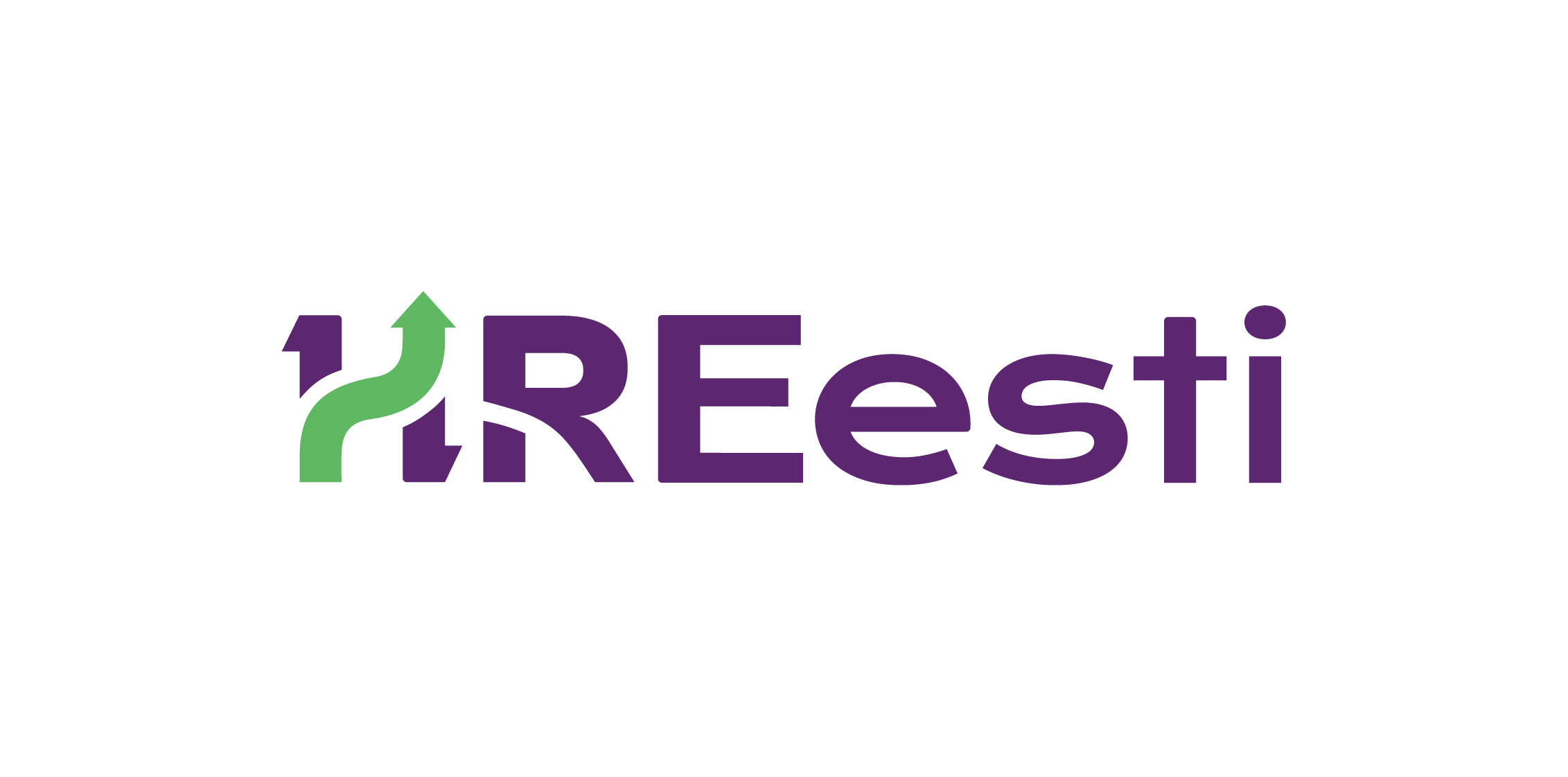
Published in:
Blog
Full Disconnection: Is Vacation Still Possible in Today’s Work Culture?
In today’s work culture, true rest is becoming increasingly rare. Vacation in the context of work culture is not just about absence — it’s about meaningful recovery.
Vacation is not merely a break from daily routines, but a vital source of recovery, mental balance, and the preservation of work capacity. In an ideal world, vacation would offer a chance to slow down, recharge, and allow oneself moments of true disconnection. Yet reality increasingly shows that today’s work culture does not support full detachment. Instead, vacation has often become an illusion of rest—a time window filled with partial presence, quiet guilt, or the unspoken expectation of being available if needed.
The Vacation Paradox: The Right Exists, but the Freedom Doesn’t
Statistics reveal a painful contradiction: according to CV.ee’s 2024 data, 77% of Estonian employees admit feeling pressured to respond to work calls or emails while on vacation. Even more striking, 70% actually continue working during their time off. Meanwhile, 73% of employers claim they don’t expect employees to be available during vacation. So where does the truth lie?
Most likely, the truth lies not in regulations, but in culture. While the law grants employees the right to vacation, the possibility for real recovery often falls behind organizational culture and leadership behavior. According to the Estonian Labour Inspectorate, nearly 48,000 vacation-related inquiries are made annually — a clear sign that confusion, uncertainty, and a lack of trust are still deeply rooted.
Recovery Culture: A Luxury or a Leadership Strategy?
A recovery culture doesn’t emerge by chance. It takes root in organizations where leaders understand that people are not endless resources and that true performance requires periodic detachment. It demands values-driven leadership, example-based attitudes, and structured work practices. Let’s look at how some influential organizations have embedded this principle into their culture.Airbnb (USA): Deep Recovery Sabbaticals
Airbnb recognizes that long-term work in the same environment requires intentional breaks. That’s why the company offers every employee a six-week paid “Recharge Sabbatical” after every five years of service. During this time, no work-related obligations are expected. The company’s internal culture reinforces this policy by avoiding any expectation of availability, instead placing strong value on mental and emotional recovery.
Volkswagen (Germany): Digital Disconnection as the Standard
Volkswagen’s system automatically disables employee email accounts outside working hours and during vacation periods. This means employees do not receive work-related messages during these times and feel no moral pressure to respond. This approach helps prevent work-related anxiety and burnout, creating the necessary conditions for true rest and recovery.Buffer: A Company-Wide Complete Break
Buffer’s recovery culture combines structure with trust. Once a year, the company shuts down all operations for two weeks, allowing every employee to rest at the same time. In addition, Buffer offers an unlimited vacation policy based on mutual trust and accountability—employees can take time off whenever needed, provided that workflows remain smooth and responsibilities are covered.Collective Vacation: A Strategic Reset
Although collective vacations are often associated with the past, their resurgence today is more than justified. More and more organizations are recognizing their value as a strategic recovery tool for the entire team. When everyone takes time off simultaneously, it eliminates pressure, interruptions, and work-related anxiety. It’s a win-win situation:For the Employer:
- Cost savings – reduced need for substitutes and overtime;
- Energy savings – office closures during low-activity periods;
- Effective work recovery – refreshed teams return stronger;
- Loyalty and satisfaction – improved work-life balance;
- Smooth workflow – no need for replacements, no disruptions;
- Financially predictable – aligns well with seasonal business cycles.
- Truly uninterrupted time – the whole team rests simultaneously, no one is left as a “backup” or on standby;
- Unified recovery rhythm – everyone gets to recover equally, without the burden of covering for others or facing unequal expectations;
- Peace of mind and certainty – work doesn’t progress on someone else’s shoulders, eliminating guilt and pressure;
- Returning to work together – the team starts anew in sync and well-rested, supporting quick adjustment and reinforcing team cohesion.
Even if a collective vacation isn’t always feasible, similar benefits can be achieved through seasonal slow periods, transitional breaks, or cyclical leave strategies.
Leadership Culture: Vacation-Friendly or Quietly Demanding?
Work culture is shaped primarily by leadership. When managers respond to emails during their vacation, they silently send the message that “work always comes first.” But when leaders clearly demonstrate that taking time off is acceptable, it becomes the norm. Five steps to building a recovery-friendly culture:- Lead by example. The leader must take time off themselves—without engaging in work-related communication. This sets the tone and gives the team permission and confidence to do the same.
- Digital silence. Encourage the use of autoresponders and, if needed, temporarily close work channels. Create space for digital quiet, which supports mental detachment.
- Proactive workflow planning. Tasks and temporary coverage must be clearly assigned before the vacation. This prevents unexpected workload during time off or upon return.
- Balanced scheduling. Schedules should be planned well in advance and take into account both employee preferences and business needs.
- Gentle return to work. The first day or week after vacation should be stress-free—without a packed meeting schedule or urgent deadlines.
Vacation as a skill: employee responsibility and awareness.
Rest is not just physical absence from work—it’s a mental detachment. True recovery requires personal awareness, discipline, and the ability to let go. Five recommendations for employees:- Plan ahead. Don’t wait until exhaustion takes over. Recognize your workload and schedule breaks proactively.
- Set clear expectations with your manager. Discuss coverage, expectations, and tasks before your vacation. Clarity creates a sense of security.
- Turn off work channels. Disable work emails and notifications. It’s a promise to yourself, not just a technical choice.
- Make space for simply being. Don’t fill your vacation solely with activities. Allow yourself “empty time” for your mind to wander and recharge.
- Reflect and learn. What helped you recover? What didn’t? Next time, you’ll be better equipped to rest effectively.
Recovery as a competitive advantage
An employer who genuinely supports employee recovery does not compromise on performance—instead, they enhance it. A rested person is not slower, but smarter. Not less, but more valuable. They work with greater focus, creativity, and contribute to the success of the entire team.Recovery culture is not merely a wellness program, but a deliberate leadership strategy.It yields results both in performance metrics and interpersonal relationships. It is an investment that pays off through greater engagement, lower turnover, and a stronger employer reputation.
An organization where vacation is the rule, not the exception, does not just build stable workflows—it shapes a future-proof and human-centered work culture that allows space to be a person, not just an employee.
Reflective Questions: Is True Recovery Actually Possible?
| For Employers | For Employees |
|---|---|
| Is there a culture within the team that supports the employee’s complete disconnection during vacation? | Do I truly dare to disconnect from work—without fear or guilt? |
| Are the leaders setting an example through their behavior—are they mentally and digitally unplugged themselves? | Do I plan my vacations proactively, or only when I’m already overwhelmed by fatigue? |
| Does planning enable people to take time off without disrupting work processes? | Am I able to consciously disconnect from work channels and allow my mind to rest? |




